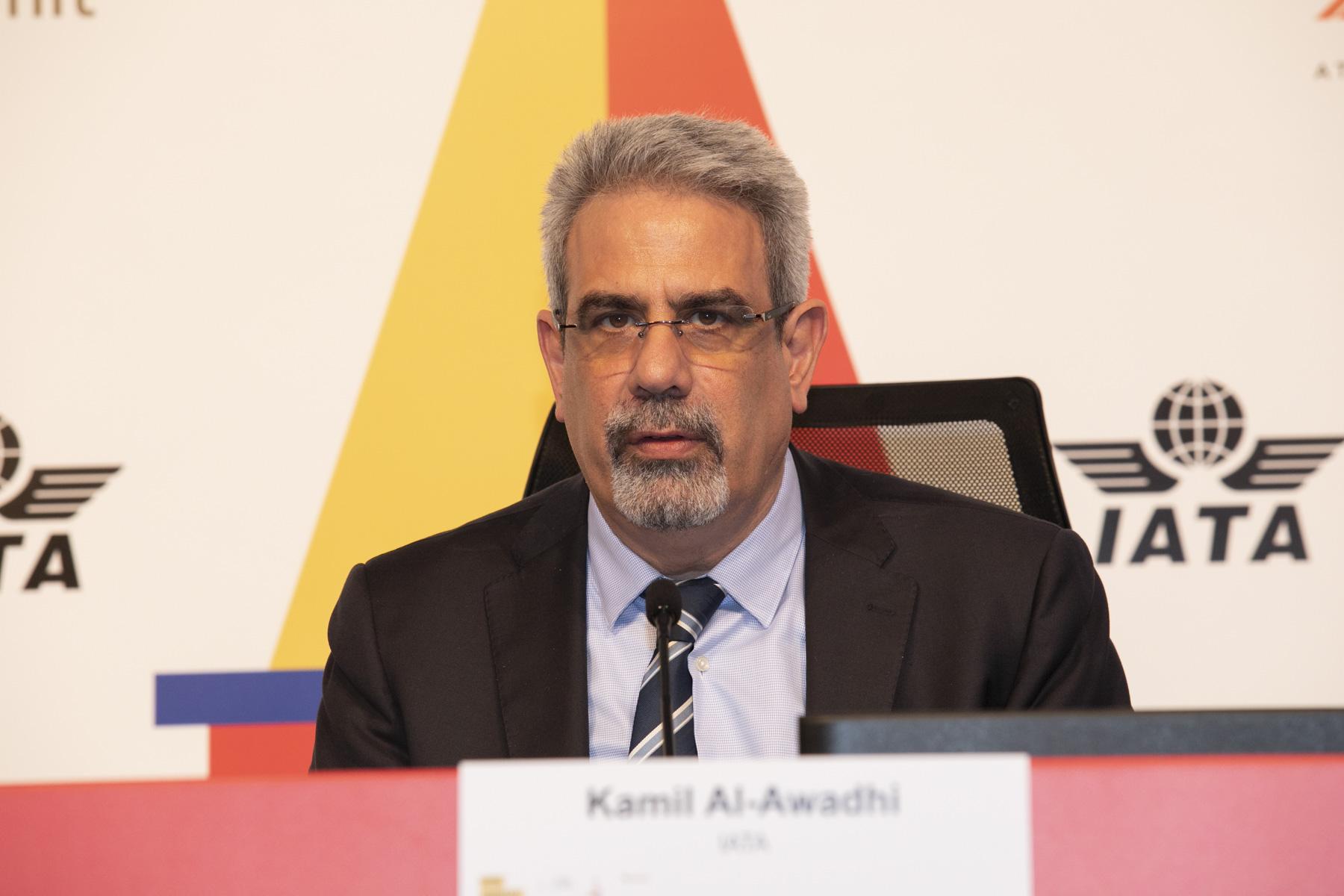
IATA regional VP for Africa and the Middle East Kamil Al-Awadhi.
Credit: IATA
ISTANBUL–The escalating levels of blocked funds will continue to damage airline connectivity worldwide, IATA has warned. The industry’s blocked funds have increased by 47% to $2.27 billion in April 2023, up from $1.55 billion during April 2022. The trapped funds are proceeds of ticket sales made in...
Subscription Required
This content requires a subscription to one of the Aviation Week Intelligence Network (AWIN) bundles.
Schedule a demo today to find out how you can access this content and similar content related to your area of the global aviation industry.
Already an AWIN subscriber? Login
Did you know? Aviation Week has won top honors multiple times in the Jesse H. Neal National Business Journalism Awards, the business-to-business media equivalent of the Pulitzer Prizes.





